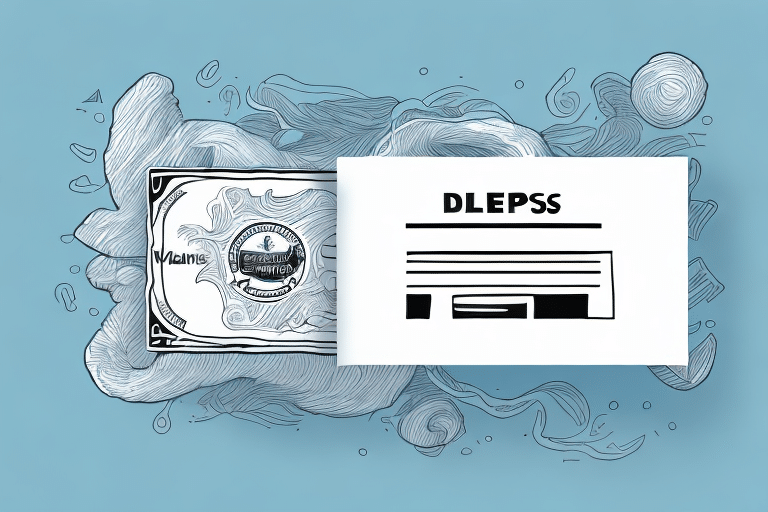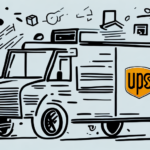Understanding UPS Declared Value
UPS Declared Value is a shipping service that allows you to assign a specific monetary value to your shipment. This declared value serves as a measure of compensation in case your package is lost, damaged, or stolen during transit. It's important to recognize that UPS Declared Value is not a substitute for insurance; rather, it provides an additional layer of protection tailored to the value of your goods.
The declared value encompasses the total worth of the shipment, including the cost of goods and shipping fees. By declaring a higher value, you ensure that you have a greater level of protection, albeit at an incremental cost. For more detailed information, you can refer to the UPS Declared Value Service.
Benefits of UPS Declared Value
Opting for UPS Declared Value offers several advantages:
- Enhanced Protection: Provides financial compensation up to the declared value in the event of loss or damage.
- Customer Confidence: Assures customers that their valuable shipments are protected during transit, fostering trust and reliability.
- Cost-Effective Coverage: Offers a scalable protection plan where you pay only for the level of coverage you need.
- Easy Claim Process: Streamlined procedures for filing claims, making it efficient to recover losses.
Statistics indicate that proper declared value usage can significantly reduce the financial impact of shipping mishaps. According to industry reports, businesses that utilize declared value services experience up to a 30% decrease in shipping-related financial losses.
Case Study: Reduced Losses Through Declared Value
A study by the U.S. Department of Transportation found that companies implementing declared value services alongside robust packaging standards saw a notable decrease in claims and associated costs.
Comparing UPS Declared Value and Insurance
While UPS Declared Value and insurance both offer protection for your shipments, they differ in several key aspects:
- Coverage Limits: Declared Value has a maximum liability limit of $100 per shipment, whereas insurance can cover the full value of your goods.
- Cost: Declared Value is typically less expensive and is calculated based on the declared amount, whereas insurance premiums vary based on the coverage level and risk factors.
- Eligibility: Certain high-value or fragile items may require specialized insurance rather than Declared Value.
For comprehensive coverage, businesses often opt to use both services in tandem, ensuring maximum protection against all potential risks. More information can be found on the UPS Insurance Services page.
When to Use UPS Declared Value
UPS Declared Value is particularly beneficial in the following scenarios:
- Shipping High-Value Items: Goods such as electronics, jewelry, and artwork that have significant monetary or sentimental value.
- Fragile Goods: Items that are susceptible to damage during transit, like glassware or delicate equipment.
- International Shipping: Declaring value for international shipments can provide additional security against varied transit risks.
Assessing the nature and value of your goods will help determine whether UPS Declared Value is the right choice for your shipping needs.
Costs and Factors Affecting UPS Declared Value
The cost of using UPS Declared Value depends on several factors:
- Declared Amount: The higher the value you declare, the higher the cost of the service.
- Shipment Destination: International shipments may incur different rates compared to domestic ones.
- Shipping Service: The type of UPS shipping service (e.g., Ground, Air, Express) can influence the declared value cost.
To calculate the exact cost, UPS provides a Declared Value Calculator on their website, which factors in these variables to give you an accurate estimate.
It's important to note that UPS Declared Value is subject to certain limitations and exclusions, including the maximum liability and excluded items like hazardous materials or perishable goods. Reviewing the UPS Terms and Conditions is advisable to understand these constraints fully.
Tips for Maximizing UPS Declared Value Coverage
To ensure you get the most out of the UPS Declared Value service, consider the following tips:
- Accurate Valuation: Declare the true value of your shipment to avoid under-insurance or overpaying for unnecessary coverage.
- Secure Packaging: Properly package your goods to minimize the risk of damage during transit, which can affect claims.
- Documentation: Keep detailed records of your shipments, including invoices, tracking numbers, and proof of value.
- Timely Claims: In the event of loss or damage, file a claim as promptly as possible to facilitate quicker compensation.
- Combine with Insurance: For high-value shipments, consider supplementing Declared Value with additional insurance for comprehensive protection.
Implementing these practices can enhance the effectiveness of UPS Declared Value and safeguard your shipments more effectively.
Future Trends in Shipping Protection
The shipping industry is rapidly evolving with advancements in technology and logistics. Future trends that may impact shipping protection and services like UPS Declared Value include:
- Automation and AI: Enhanced tracking and predictive analytics can lead to more efficient claims processing and risk management.
- Blockchain Technology: Providing transparent and immutable records of shipments, potentially simplifying dispute resolutions.
- Sustainable Shipping Practices: Increased focus on environmentally friendly packaging and transportation methods, which may influence shipping costs and insurance options.
Staying informed about these trends will help businesses adapt and choose the best shipping protection strategies to remain competitive in the global market.






















